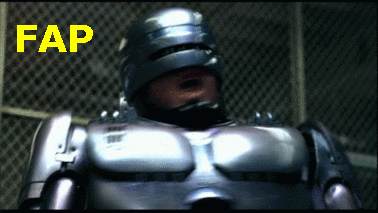- Joined
- Jan 6, 2012
- Messages
- 69
- Reaction score
- 0
I hate getting into bed early, knowing I have to wake up early, only to waste the next 2-3 (sometimes more) hours laying in bed and thinking about crap then getting angry that I'm still awake. I've tried tylenol PM and it worked but it left me very groggy the next morning. I know this will be important for the long hours of residency so I'm wondering if you guys have any sleep aide suggestions that don't leave you feeling groggy.


